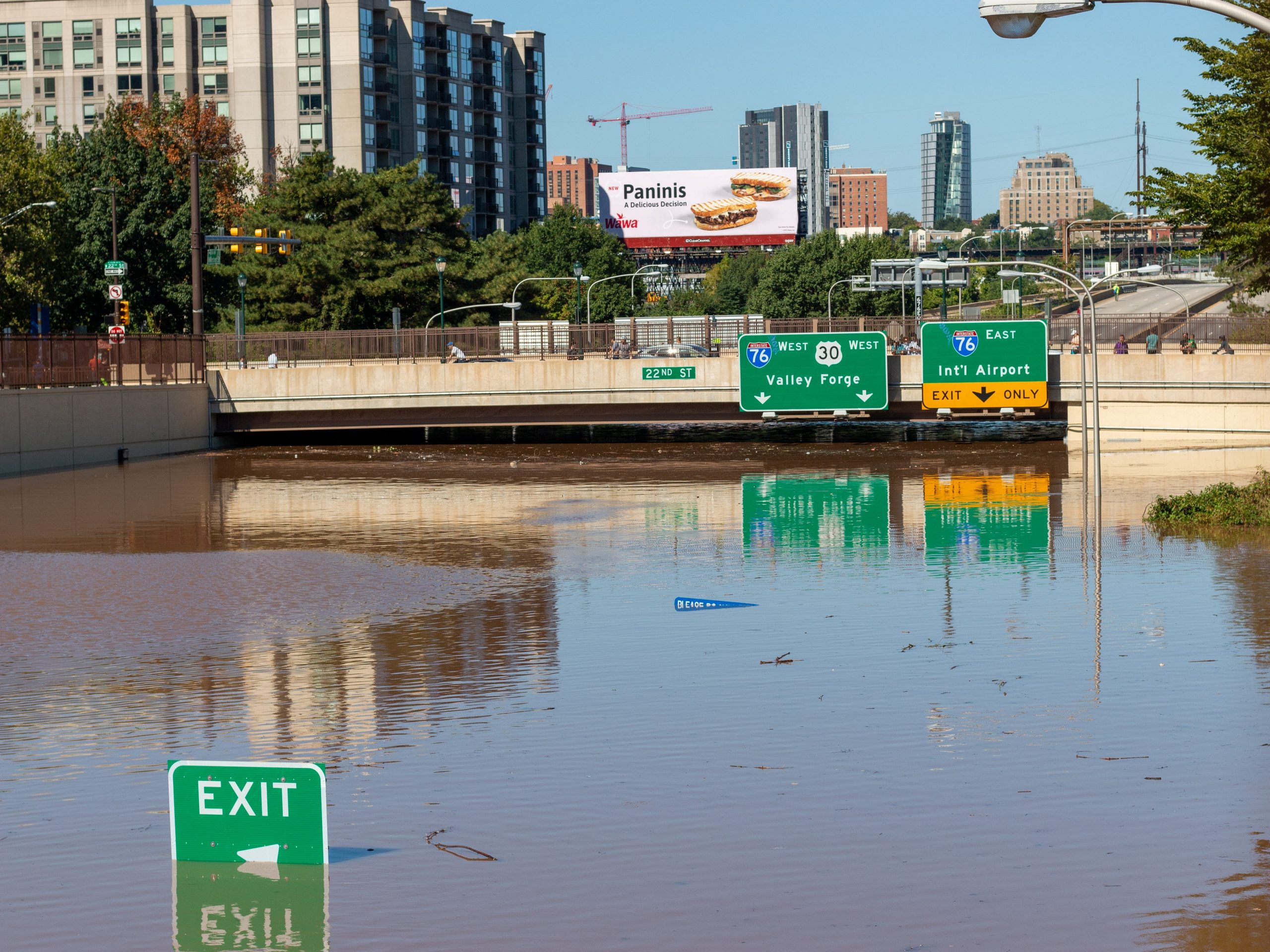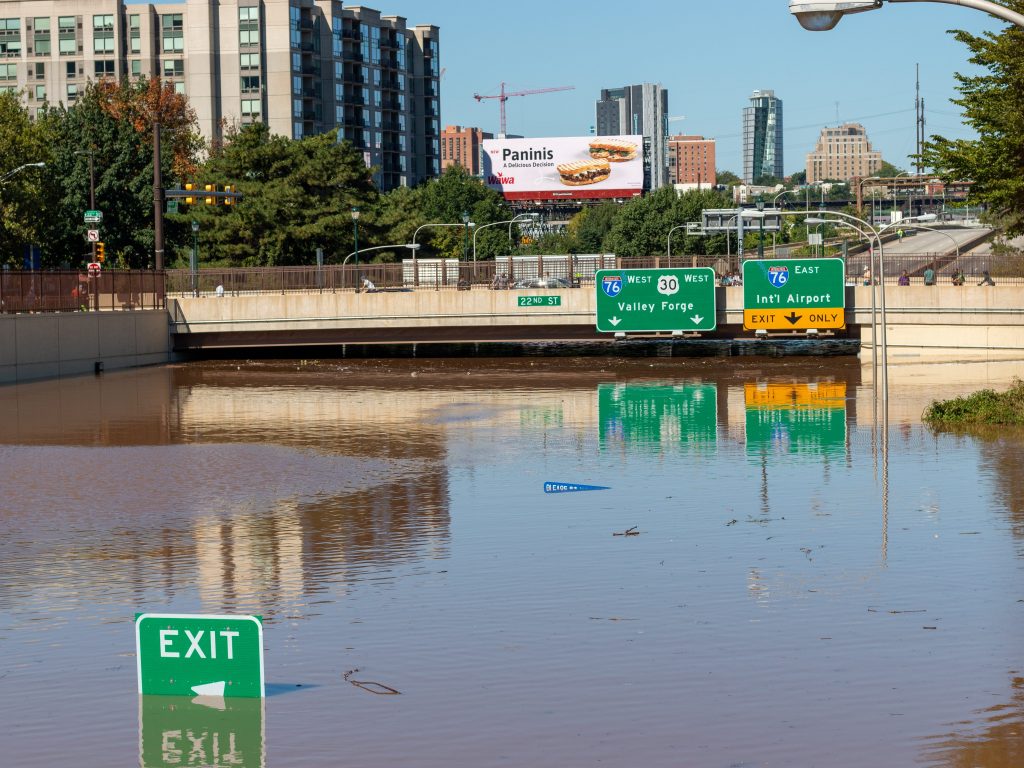
Charles Davis/Insider
- Public transportation infrastructure was hard hit by Hurricane Ida.
- Investment in transportation has decreased despite more demand and lower carbon emissions.
- Political partisanship threatens the approval of the federal infrastructure plan.
- Subscribe to our weekly newsletter, Insider Sustainability.
Last week, Hurricane Ida tore through parts of the US with its Category 4 winds and record-setting rainfall days after it made landfall in Louisiana. In the Northeast, flash flooding destroyed homes, transformed highways into lakes, and halted Amtrak routes. At least 50 people died, many of them trapped in illegal basement apartments.
The flooding from Hurricane Ida demonstrated how the poorest people in America suffer the most when governments don't act quickly enough to deal with worsening weather events and the climate crisis. Along with the casualties, the flooding of 1,200 homes, and an estimated $50 million in damages, many people could not get to work after the rain stopped because of delays or suspended service on transit systems.
The effect of Hurricane Ida has helped supporters of President Joe Biden's $1 trillion infrastructure bill, with its focus on sustainability and clean energy, highlight the urgency of its $621 billion for the transportation sector. The bill's funding for electric cars and buses, charging infrastructure, tax incentives – as well as improving the weather resistance of roads and bridges – carries additional weight next to photos of Biden touring flood-damaged areas of New Jersey and Queens on Tuesday.
Transportation is the largest source of carbon emissions in the US because of its high consumption of petroleum-based fuel. Decades of growth in car sales and decreases in funding to public transportation systems have also contributed to air pollution and warming temperatures. Scientific research, including the latest report from the Intergovernmental Panel on Climate Change, showed the link between rises in temperature from the climate crisis and the higher likelihood of heavy rain events, such as what happened last week in the Northeast.
One of the immediate actions governments can take in response to Hurricane Ida's extensive damages is fund more green transit options. In addition to helping reduce carbon-dioxide levels and car activity, large-scale investments in public transportation such as subways, electric buses, Amtrak, and bike-sharing programs could create 4.6 million jobs by 2030, said a report published by C40, a coalition of almost 100 mayors, in March.
"The road to recovery is paved with investments in our infrastructure, because public transportation is more than just a way to move people around - it's a vehicle for opportunity, equity, and a better quality of life," said Eric Garcetti, C40's chair and the mayor of Los Angeles, in a statement.
The C40 report, titled "The Future of Public Transport," estimated that for every $1 invested in public transportation, there could be $5 in economic returns generated, while every $1 billion invested could create 50,000 jobs. The report also highlighted how action in cities is particularly important because they generate three-quarters of the world's carbon emissions.
But while the infrastructure bill has been passed by the US House and Senate, House Speaker Nancy Pelosi has delayed a final vote in order to maintain support from centrists and liberal Democrats for a much larger $3.5 trillion domestic infrastructure bill. The much larger bill would expand social services and healthcare for the elderly, but Sen. Joe Manchin has called for a "strategic pause" on it in a Wall Street Journal op-ed, citing concerns about inflation and debt.
Pelosi and Manchin are now among an economic class of people who no longer have to take public transportation daily. Low-income citizens deeply depend on it and are most affected by the lack of action on the climate crisis. It's worth remembering how many more people could die because of concerns about inflation or debt.
